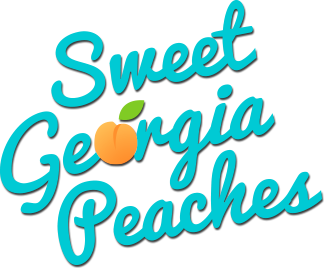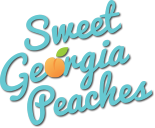Safety Assurance
Your GA peach farmers work tirelessly to bring you the safest peaches available. Not only do we comply with all food safety regulations, but we exceed these standards….after all, we live on our farms and feed our children the fruits from our orchards. Ga peaches are always fresh, safe and delicious.
As always, wash your fruit before eating but don’t be scared of the skin! That’s where many of the nutrients are! Fruit is typically handled several times before it reaches your kitchen. It is always best practice to wash your produce before consumption.
Just like you, bugs, worms and fungi love to feast on sweet Ga peaches. There are many natural methods that we employ to combat these infestations. Below are a few of the things that your Ga peach growers are doing to insure the safest, most delicious peaches in the world are delivered to your table:
- Our farmers spend time every day in each orchard scouting for emerging threats of pests and fungus. Early detection is the best defense against these predators as it allows us to target specific trees instead of randomly applying spray materials.
- We constantly perform leaf and soil analysis to insure we’re giving our trees the perfect nourishment to produce sweet Ga peaches.
- Our farmers plant cover crops between each row of peach trees which host beneficial insects that prey on our fruit. These cover crops also prevent runoff and provide erosion control.
- Your Ga peach growers have invested hundreds of thousands of dollars in the development of new pest-resistant and disease-resistant peach varieties. These new varieties allow us to minimize the application of spray materials.
- Other than the peach you eat, all of the organic by-products the tree produces (small peaches, leaves, pruned limbs, etc.) are composted and returned to the orchard to replenish the soil.
- Every Ga peach that you eat has been hand-picked, thoroughly washed and brushed, and hand-packed.
Pesticide Safety
Provided from www.safefruitsandveggies.com
Putting Residues in Perspective
The nation’s leading toxicologists agree— the mere “presence” of pesticide residue does not mean that the food is harmful in any way.
Farmers who grow fruits and vegetables and feed them to their own families want to be sure their products are safe. To demonstrate just how safe it is to eat any fruit or vegetable, even if a pesticide residue is present, we reached out to Dr. Robert Krieger, head of the University of California, Riverside Personal Chemical Exposure Program. Dr. Krieger has provided us with information on how much of 14 produce items a man, woman or child could eat and still not consume enough pesticide residues to reach a level where an adverse effect could be observed. For purposes of creating a “worst case scenario”, Dr. Krieger calculated the numbers using the highest pesticide residue found on 14 popular produce items tested through the USDA’s Pesticide Data program.
Use the calculation tool below to see how many servings a man, woman, teen or child could consume and still not have any adverse effects from pesticide residues.

